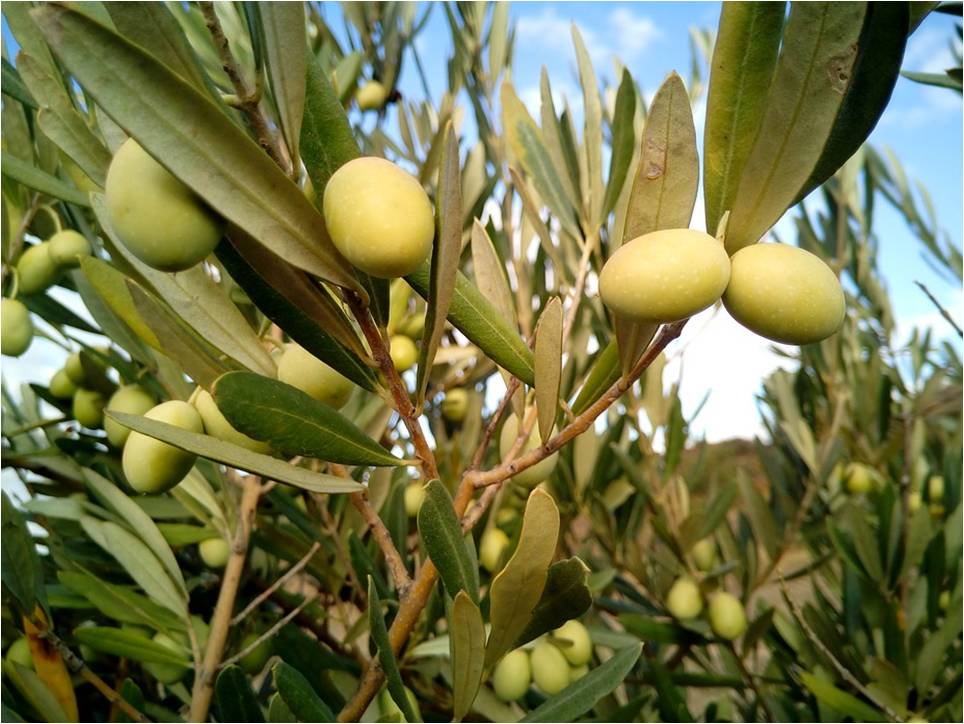Since its launch, OCP’s Al Moutmir initiative has emerged as a driving force of innovation in Morocco’s olive farming sector. By embracing a scientific approach and integrating cutting-edge agricultural technologies, the program helps farmers optimize their practices. Through 6,930 demonstration platforms (PFDs) deployed nationwide—including 987 added during the 2023-2024 season—Al Moutmir showcases the tangible benefits of a well-structured technical strategy.
Despite a challenging olive-growing season marked by difficult climatic conditions, the program has delivered promising results. Farmers participating in Al Moutmir have seen their yields increase by 19% to 38% compared to control plots. In addition, water productivity has improved by 11% to 25%, reinforcing the effectiveness of the adopted techniques.
The demonstration platform model is built on a rigorous and sustainable methodology, guided by the “4R” principles—applying the right fertilizer, in the right place, at the right rate, and at the right time. With scientific support from Mohammed VI Polytechnic University (UM6P) in Benguerir, farmers receive tailored guidance covering soil analysis, precision fertilization, efficient water management, and integrated crop protection.
A key factor in this success is the adoption of the Integrated Crop Program (ICP), which has enabled olive growers to adjust their farming practices to better cope with climate challenges. Through training sessions, field schools, and technical follow-ups, over 6,000 farmers have been educated on best agricultural practices.
However, the national olive production in 2023-2024 fell to 950,000 tons, an 11% decline from the previous year and a staggering 44% drop from the record output in 2021. This downturn is primarily attributed to six consecutive years of drought, fluctuating spring temperatures, and extreme summer heatwaves. The hardest-hit regions include Fès-Meknès, Marrakech-Safi, and Béni Mellal-Khénifra.
To mitigate the impact, the government has authorized the import of 30,000 tons of extra virgin olive oil in 2025 to stabilize the market, as prices currently range between 90 and 110 MAD per liter. Meanwhile, efforts to modernize olive orchards—particularly in the Oriental region—and improve farming techniques remain crucial to strengthening the sector’s resilience.
One of the standout successes of Al Moutmir’s PFDs has been the implementation of smart sensors for water management. By monitoring soil moisture levels in real time, these devices allow farmers to precisely adjust irrigation, leading to water savings of up to 25% without compromising yields.
This approach has not only resulted in yield increases of 19% to 38%, but also significant financial gains. On average, the demonstration plots generated 30,363 MAD per hectare, compared to 25,133 MAD per hectare for traditional plots—an improvement of 19% to 32%.
The program’s impact is evident in the experiences of farmers who have embraced its methods:
– Khalid Lamaoui (Haouz): “With soil moisture sensors and the mobile app, I cut my water use by 25% while maintaining strong production.”
– Abderahmane Kahak (Moulay Yacoub): “Thanks to the advice from Al Moutmir engineers and optimized fertilization, I achieved a record yield of 18.7 tons per hectare.”
– Aziz Hoummane (Béni Mellal): “Using foliar fertilization with boron and micronutrients reduced flower drop and significantly boosted my yields.”
Al Moutmir continues to demonstrate that innovation and scientific expertise are essential to improving agricultural productivity while preserving natural resources. In an era of unpredictable climate conditions, adopting adaptive farming practices is no longer an option—it’s a necessity.
By combining integrated crop management with a collaborative approach, Al Moutmir goes beyond simply providing technical solutions. It is actively shaping a more sustainable, efficient, and resilient olive-growing sector for Morocco’s future.
